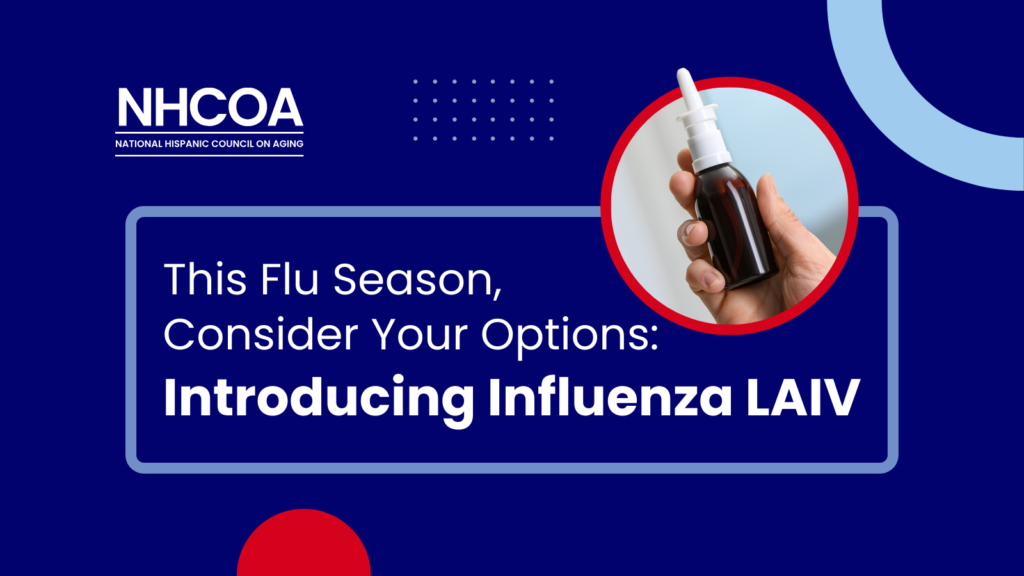
Most of us are fairly used to getting vaccinated against the flu every year, and typically that means receiving a booster-shot in our upper arm. Alternatively, you can receive your yearly flu vaccination through a nasal spray; it’s called a “live, attenuated influenza vaccine,” or LAIV.
The LAIV nasal spray is meant only for people ages 2 to 49 years old, and should not be administered during pregnancy. However, people who have recently given birth are able to receive the vaccine, and it will not affect those who are breastfeeding.
Much like the typical booster shot, you are able to receive the nasal spray vaccine at the same time you receive other vaccinations, such as for COVID-19. Unlike the COVID-19 vaccine, individuals experiencing illness are still able to receive the nasal spray, but it should be noted that symptoms like nasal congestion could limit its effectiveness. If you are experiencing nasal congestion, the Centers for Disease Control (CDC) advise that you wait until your symptoms have reduced, so that your immunization can be assured. Individuals experiencing more moderate or severe illness, which may or may not include a fever, are unilaterally advised to wait until their illness has passed.
Also like typical vaccinations, adults are likely to experience some mild side effects afterwards, including a runny nose, headache, and cough. However, more severe side effects have been observed in children after receiving the nasal spray, btu are not cause for alarm. These side effects include the side effects seen in adults, along with potential for wheezing, vomiting, muscle aches, a low-grade fever, and in the case of older children, a sore throat.
The CDC advises against administering the LAIV nasal spray to individuals who are taking medications that contain salicylate or aspirin, or who have recently taken flu antiviral drugs. Additionally, individuals who are immunocompromised, have cochlear implants, or who have had their spleen removed, are advised against taking LAIV nasal spray.
The LAIV nasal spray poses a great advantage in its convenience, and there are even proposals to the Federal Food and Drug Administration (FDA) for self-administration which would allow households to vaccinate against influenza in their own homes. However, as with any treatment or medication, please consult with a trusted medical practitioner about whether this form of vaccination is right for you. Getting vaccinated at all is one of the best preventative measures you can take for yourself or your child, whether it comes in the form of a booster shot or nasal spray.
You can also look here, to view the CDC’s more in-depth review and guidelines for the LAIV nasal spray.
Sources:
“Live Attenuated Influenza Vaccine [LAIV] (The Nasal Spray Flu Vaccine),” Different Flu Vaccines. The Centers for Disease Control. https://www.cdc.gov/flu/prevent/nasalspray.htm
“Types of Seasonal Influenza Vaccine,” Newsroom. World Health Organization. https://www.who.int/europe/news-room/fact-sheets/item/types-of-seasonal-influenza-vaccine

Recent Comments